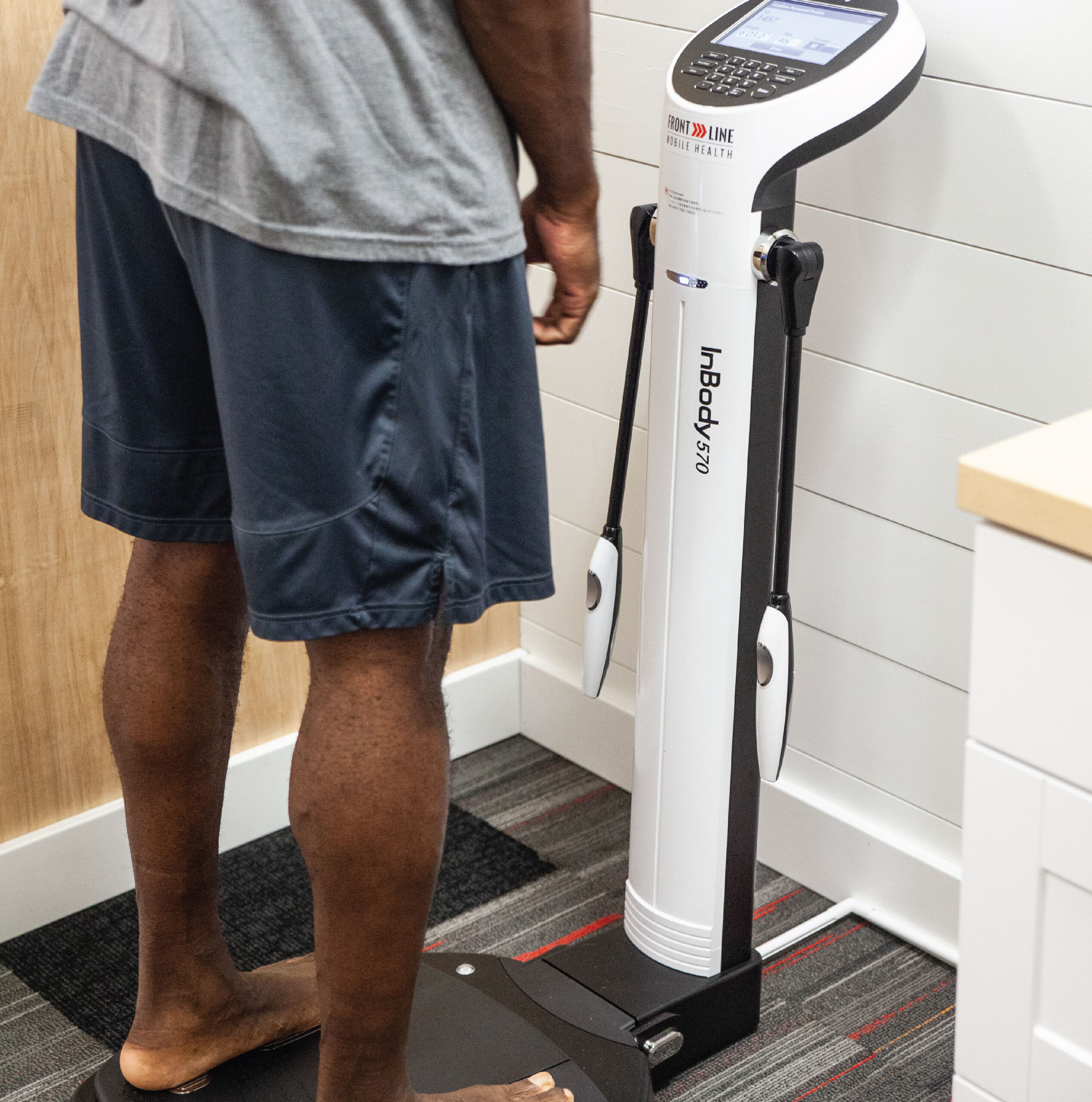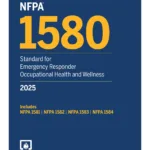 Metabolic Syndrome is a serious health condition defined by a group of risk factors that, when present together, significantly increase the risk of chronic disease. It’s diagnosed when three or more of the following five conditions are present:
Metabolic Syndrome is a serious health condition defined by a group of risk factors that, when present together, significantly increase the risk of chronic disease. It’s diagnosed when three or more of the following five conditions are present:
– Abdominal Obesity: Waist circumference ≥102 cm (40 in) for men and ≥88 cm (35 in) for women.
– Elevated Triglycerides: ≥150 mg/dL (1.7 mmol/L) or under treatment for high triglycerides.
– Low HDL Cholesterol: <40 mg/dL (1 mmol/L) in men and <50 mg/dL (1.3 mmol/L) in women, or undergoing treatment.
– High Blood Pressure: ≥130/85 mmHg, or on medication for hypertension.
– Elevated Fasting Plasma Glucose (FPG): ≥100 mg/dL (5.6 mmol/L) or being treated for high blood sugar.
This syndrome is not just a collection of numbers—it’s a clear warning sign. Individuals with Metabolic Syndrome are at heightened risk for developing cardiovascular disease, chronic kidney and liver conditions, sleep apnea, and type 2 diabetes.
But the implications don’t stop there.
 For Firefighters, Metabolic Syndrome can be a disqualifying medical condition. According to NFPA 1580, Section 13.7, which addresses Medical Conditions Involving the Cardiovascular System, certain health conditions—particularly those involving elevated cardiovascular risk—may impair the ability to safely perform essential job functions. Firefighters, for example, are expected to operate under extreme physical and psychological stress. The presence of Metabolic Syndrome increases the likelihood of sudden cardiac events, posing a risk not only to the individual but to team safety and public welfare.
For Firefighters, Metabolic Syndrome can be a disqualifying medical condition. According to NFPA 1580, Section 13.7, which addresses Medical Conditions Involving the Cardiovascular System, certain health conditions—particularly those involving elevated cardiovascular risk—may impair the ability to safely perform essential job functions. Firefighters, for example, are expected to operate under extreme physical and psychological stress. The presence of Metabolic Syndrome increases the likelihood of sudden cardiac events, posing a risk not only to the individual but to team safety and public welfare.
For these reasons, early identification and management are essential. Lifestyle changes—such as improving diet, increasing physical activity, and losing weight—can often reverse the syndrome’s effects. In some cases, medication may be needed to treat specific components like blood pressure or cholesterol.
Whether you’re concerned about your health or your ability to safely do your job, addressing Metabolic Syndrome early is a proactive step toward a longer, healthier, and safer life. If you meet even one of the risk criteria, take ownership, assess your existing diet and exercise routine — and take action before it affects your health and your career.








